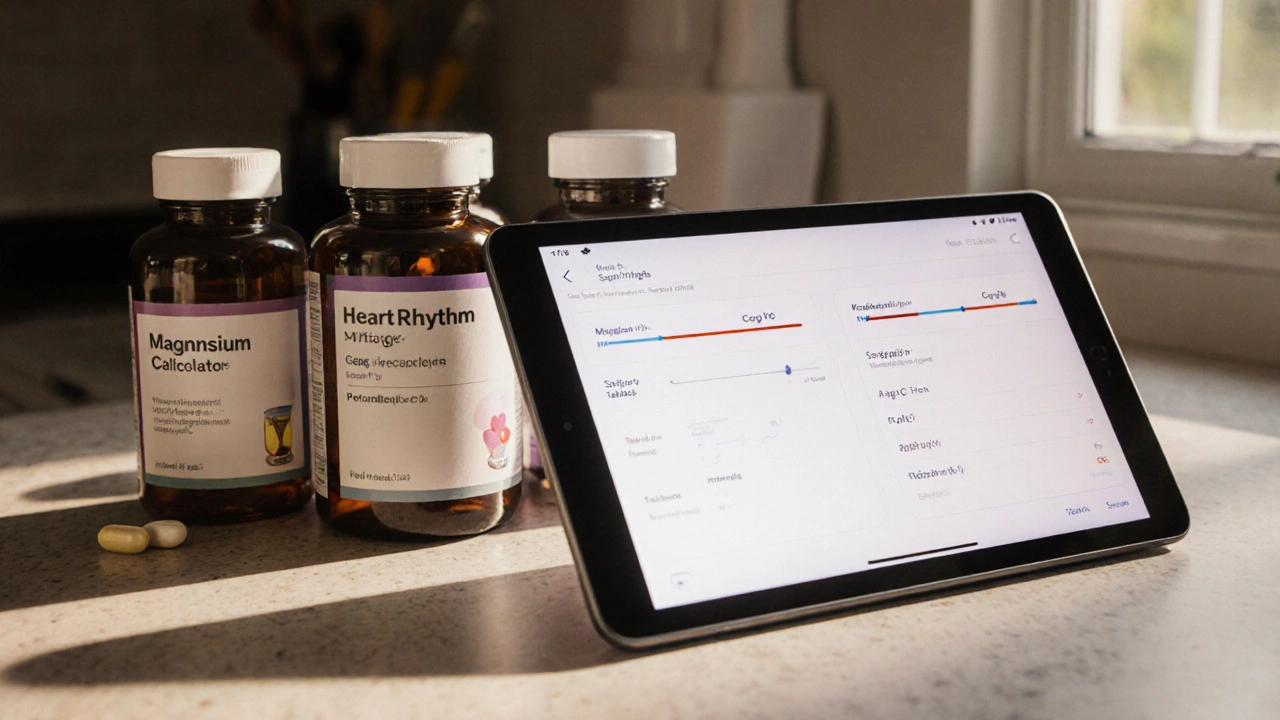Irregular Heartbeat: What It Is and How to Manage It
When dealing with irregular heartbeat, a condition where the heart beats too fast, too slow, or unevenly. Also known as arrhythmia, it can signal underlying heart issues and affect daily life.
One of the most talked‑about forms is atrial fibrillation, an irregular, often rapid rhythm that starts in the upper chambers of the heart. This type can cause palpitations, the sensation of a racing, fluttering, or pounding heart and raises the risk of stroke. Another key player is heart rate, the number of beats per minute that reflects how hard the heart works. When the heart rate strays far from the normal 60‑100 range, it often points to an underlying arrhythmia that needs attention.
Why It Happens and What Helps
Irregular heartbeat usually requires three things: a trigger (like stress, caffeine, or electrolyte imbalance), a vulnerable heart (due to aging, heart disease, or genetic factors), and a pathway for the abnormal rhythm to spread. Lifestyle tweaks—cutting back on alcohol, staying hydrated, and managing stress—can blunt many triggers. Medications such as beta‑blockers or calcium channel blockers often target the heart's electrical system to restore a steady rhythm. In more stubborn cases, procedures like catheter ablation or implantable devices may be the answer.
Now that you know the basics, the articles below will walk you through specific scenarios, from spotting early warning signs to choosing the right treatment plan. Whether you’re curious about symptoms, medication options, or lifestyle changes, you’ll find practical insights to keep your heart beating smoothly.

